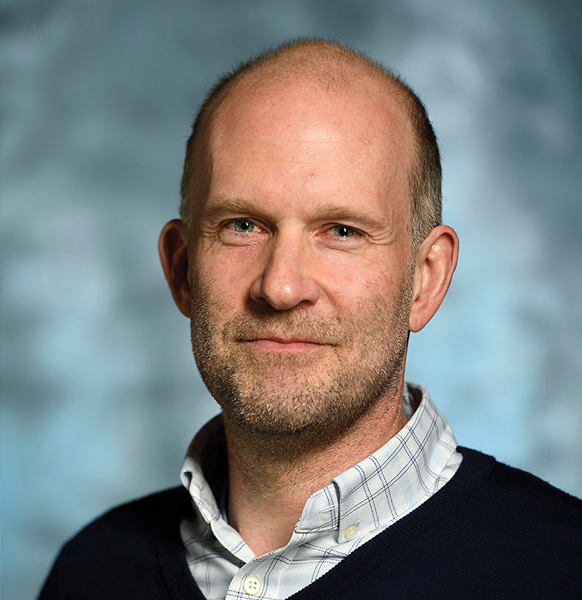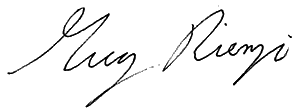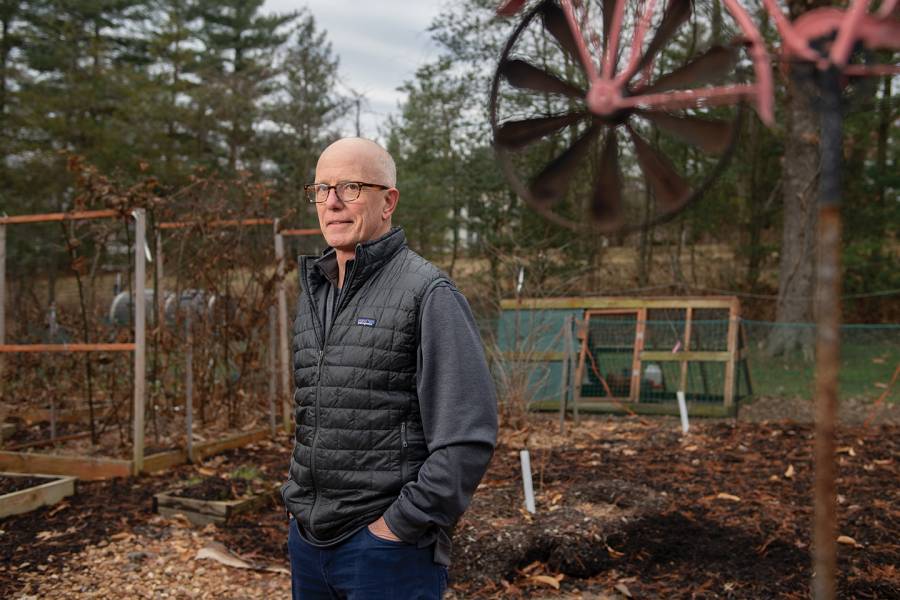
Image caption:
Greg Rienzi
Editor
I liked Fred "Honey Pot" Williams before I met him in print.
When freelance writer Matt Crossman pitched a feature on an adventure race–loving, "kind and gentle beast" of a man who kept bees and lived a plant-based life, I was intrigued. But my fondness for this stranger was cemented when I read Williams' philosophy on failure. "Without failing, you don't find out what you need to get better at," he told our writer. That quote belongs in a frame.
Research is rife with failure. I've lost track of how many times scientists have told me they fail constantly. In the January 2019 career column of Nature, Queen's University Belfast researcher Eileen Parkes wrote: "Comfortable science is an oxymoron. If we want to make new discoveries, that means taking a leap in the dark—a leap we might not take if we're too afraid to fail."
I've certainly done my share of failing. My first published story, written for my college newspaper, was a preview of a campus theater group's upcoming season. The story ran deep inside that issue. Days later, I learned secondhand that the Journalism Department chair, a seasoned newspaper man, thought it was one of the most disorganized, dreadful pieces of newswriting he'd ever read. Woof.
After dusting off my ego, I looked at the story with a fresh perspective, dissecting every nightmare transition and runaway sentence. I vowed to improve my prose. My fledgling journalism career was not going to begin and end with a mangled interpretation of Anton Chekhov's The Cherry Orchard.
As Honey Pot says, if everything is easy, what would be the fun? Yes, sometimes that means we find ourselves face-planted in the mud, coming in dead last. But next time? I got this.

Greg Rienzi
Editor
Give us your feedback by sending a letter to the editor via email to jhmagazine@jhu.edu. (We reserve the right to edit letters for length, style, clarity, and civility.)








